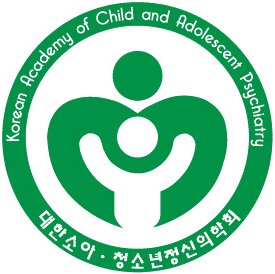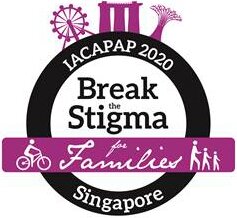-
Contact Information
For General Enquiries:
For Abstract Enquiries:
Early Warning Signs of Depression in Adolescents
Navigating adolescence can be challenging, and being alert to early signs of depression is crucial. While occasional feelings of sadness are normal, persistent negative emotions that disrupt daily life warrant attention.
Changes in behavior, mood, and physical health can serve as subtle yet significant red flags. Recognizing these indicators is key to offering essential support and guidance to those grappling with potential mental health challenges.
Recognizing Early Signs
Symptoms of adolescent depression may include persistent feelings of sadness, irritability, or hopelessness. According to Dr. Seth Rosenblatt from Vive Treatment Centers in Washington, DC, changes in sleep patterns, appetite, or energy levels could also signal the onset of depression in teenagers.
It's important to be observant for signs of social withdrawal, decreased interest in previously enjoyed activities, and academic decline as potential early indicators. Moreover, physical complaints like headaches, stomach aches, or body pains may point to underlying mental health issues.
Behavioral Changes to Watch For
When observing adolescents for signs of depression, it's important to be vigilant for noticeable behavioral changes that could indicate underlying mental health concerns. Look for signs of social withdrawal, irritability, or sudden mood swing.
Monitor changes in their academic performance, loss of interest in activities they once enjoyed, or neglect of personal hygiene. Pay attention to any signs of self-harm, substance abuse, reckless behavior, or increased aggression.
Notice if your children is experiencing alterations in their sleep patterns, appetite, or energy levels. Keep an eye out for expressions of hopelessness, helplessness, or a lack of motivation. These behavioral changes can serve as early warning signs of depression, indicating the need for further evaluation and support.
Importance of Seeking Help
Recognizing behavioral changes indicative of underlying mental health issues in youngsters is crucial. Seeking timely help for signs of depression is essential to prevent long-term consequences and ensure prompt intervention.
When symptoms of depression arise in teenagers, it's vital to consult healthcare professionals or mental health providers for tailored support. Early intervention not only helps prevent negative impacts on academic performance, social relationships, and self-esteem but also contributes to improved mental health outcomes and overall well-being.
Seeking professional assistance for adolescents exhibiting signs of depression enables access to necessary treatment and support, potentially averting symptom escalation and reducing the risk of severe mental health challenges.
Impact on Social Interactions
Adolescents showing early signs of depression often display changes in their social interactions. They may increasingly avoid social activities, withdraw from previously enjoyed pastimes, and prefer solitude. This withdrawal can lead to a loss of interest in maintaining relationships and participating in social events, accompanied by expressions of irritability or anger in social settings, which can impede positive engagement with others.
Alterations in communication patterns, such as heightened arguments or conflicts with peers, can serve as indicators of depression affecting social interactions. It's important to recognize these symptoms, like sadness or irritability, as they can significantly impact how adolescents interact with their peers.
Addressing Adolescent Depression
Addressing teenagers depression involves a comprehensive approach that integrates various interventions to effectively support their mental health and well-being. Seeking assistance from healthcare professionals, therapists, or school counselors is crucial in providing the needed support for adolescents grappling with depression. Evidence-based therapies like Cognitive Behavioral Therapy (CBT) have demonstrated effectiveness in symptom management and enhancing overall well-being.
Monitoring academic performance and offering educational support can also significantly contribute to addressing adolescent depression. By utilizing a combination of healthcare resources, therapy, and addressing academic stressors, teens can access the necessary support to navigate through depressive symptoms and enhance their mental health outcomes.
Final Thoughts
In conclusion, being aware of the early warning signs of depression in adolescents is crucial for providing timely support and intervention.
By recognizing behavioral changes, seeking help from mental health professionals, and addressing the impact on social interactions, we can help prevent negative consequences on teenagers' well-being.
Remember, early detection and intervention can make a significant difference in managing and overcoming depression. Stay vigilant and prioritize mental health support for those in need.











































